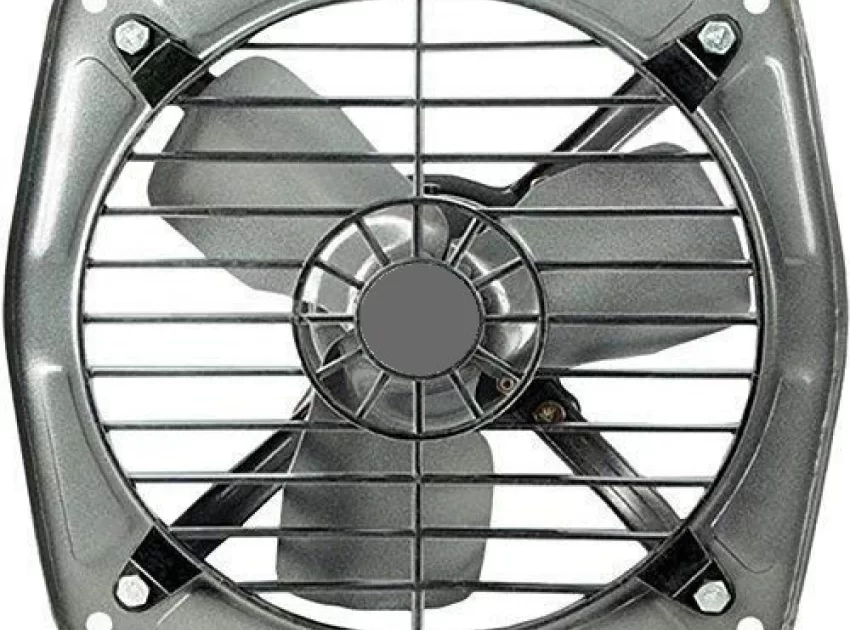Kitchen fans help improve air quality in your home by pushing cooking fumes and odors outside, as well as helping prevent grease build-up on surfaces.
Select an exhaust fan with sufficient airflow capacity for your space, preferably one featuring a charcoal filter that you can soak in soapy water to remove greasy particles from the filter.
Ventilation
A kitchen fan helps provide ventilation by clearing away smoke, odors and heat from the room – helping maintain an ideal cooking temperature while protecting against excessive moisture that leads to mold or mildew.
These fans can be installed into a range hood or cabinet, integrated into a microwave oven, or mounted directly on the wall and use filters and an ozone generator to filter airborne particles out of your living space. In addition, ductwork allows these fans to vent outside air away from your home more effectively than operable windows can – thus protecting you against smoke, heat and moisture entering into your living space.
For optimal performance, fan ducts should be appropriately sized and constructed from rigid metal without bends or gaps that could trap debris and grease. Furthermore, they must operate separately from other exhaust systems in order to prevent backdraft that could present a fire hazard – this is particularly relevant in humid climates.
Cooling
No matter if it’s deep frying on a scorching summer day or just general kitchen activities, having an effective kitchen fan will keep you cool while also helping circulate air and dissipate smells and smoke.
If your space is smaller, look for fan options such as compact counter or box fans that you can lean against windows; for larger areas, pedestal and tower fans with oscillation may be best.
We love this lightweight fan that packs considerable power without being noisy and overwhelming. With three speeds and height adjustability to create cross breezes, as well as only needing five hours to charge it (we have been using ours for years), it has quickly become our go-to fan in small apartment kitchens without enough room for full range hood fan systems.
Air Quality
Cooking releases air pollutants that pose health risks to those around it, like ultrafine particles created when frying food that can trigger respiratory symptoms and carbon monoxide and nitrogen oxide emissions released when natural gas stoves operate at higher temperatures.
Use of an appropriate kitchen fan can significantly lower pollution concentrations in your home. An optimal exhaust system should meet IRC minimum length and diameter requirements for exhaust systems as well as feature backdraft dampers for backdraft protection and be independent from other ventilation systems.
Apart from using a kitchen exhaust fan, improving outdoor ventilation and reducing indoor pollution sources are also key elements to improving air quality. A kitchen fan with integrated air purifier is also an effective way to clean the air in either home or commercial kitchen environments. Regular monitoring of indoor air quality enables individuals to identify issues as they arise quickly – particularly beneficial for young children, older adults and people living with chronic health conditions.
Energy Efficiency
If you’re experiencing grease residue on ceiling tiles and kitchen surfaces, or your exhaust fan has difficulty running efficiently, upgrading might be worth exploring. Traditional fans rely on filters to capture debris that accumulates on their blades; an energy efficient model offers better air flow while using less energy.
Cyclonic airflow directs oil particles away from fan blades, so they don’t build up and stick to their surfaces or clog filters – ultimately cutting maintenance costs and prolonging exhaust fan lifespan for an improved return on your investment.
Additionally, cyclone technology enables fans to be turned off when cooking equipment is no longer in use – saving electricity consumption significantly and cutting bills/operator expenses significantly – especially beneficial in commercial kitchens that run their exhaust all day long.





